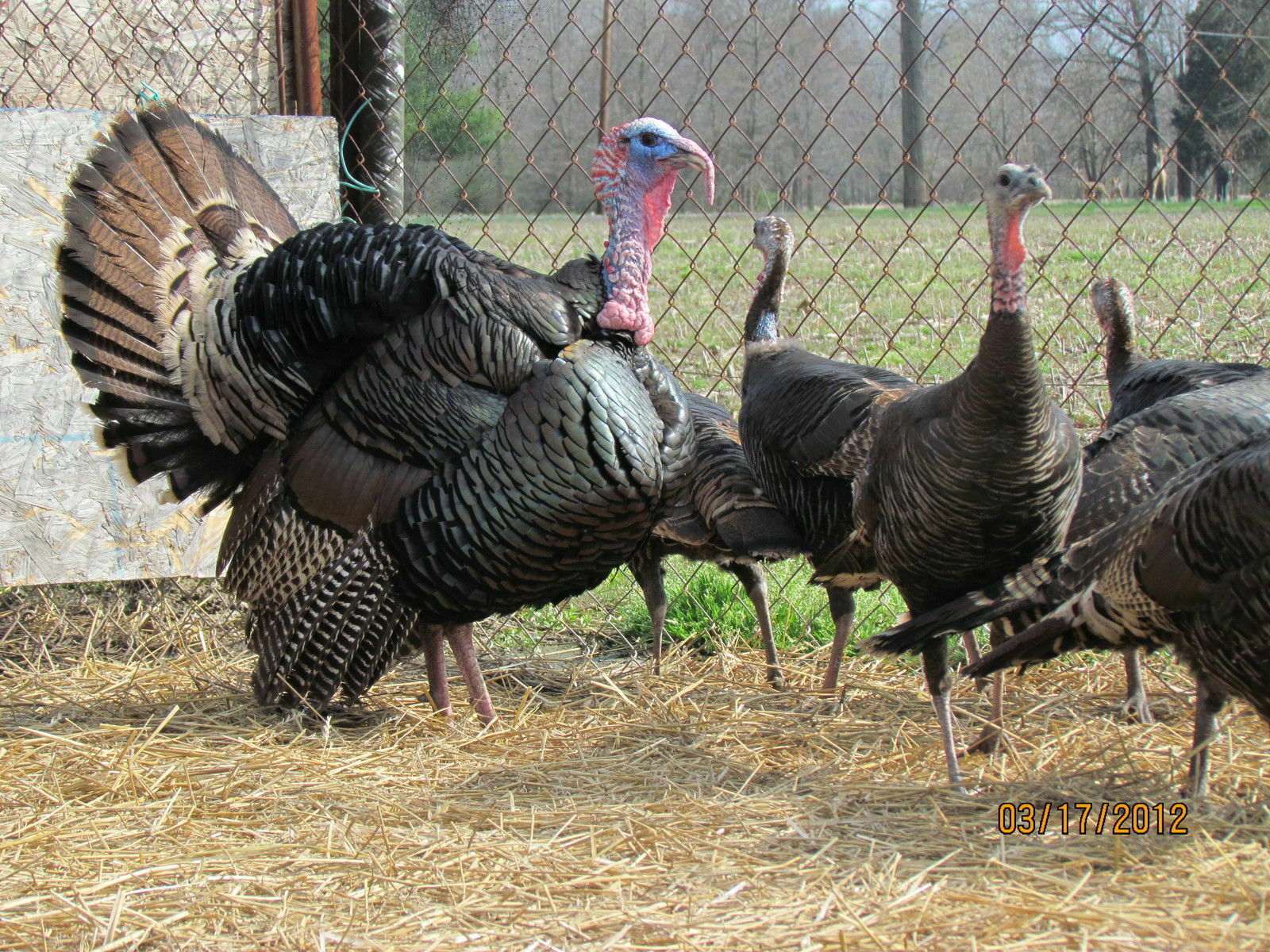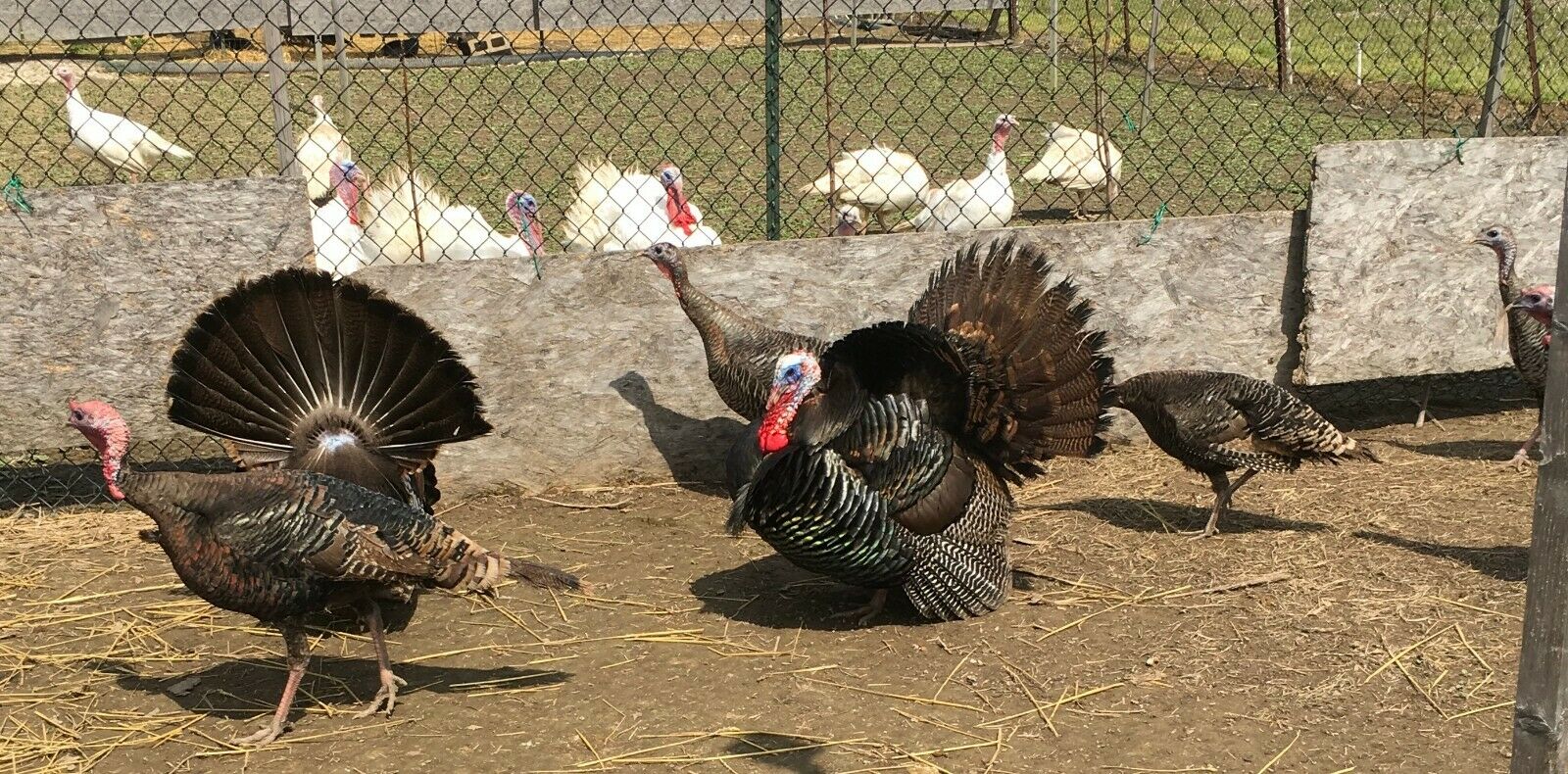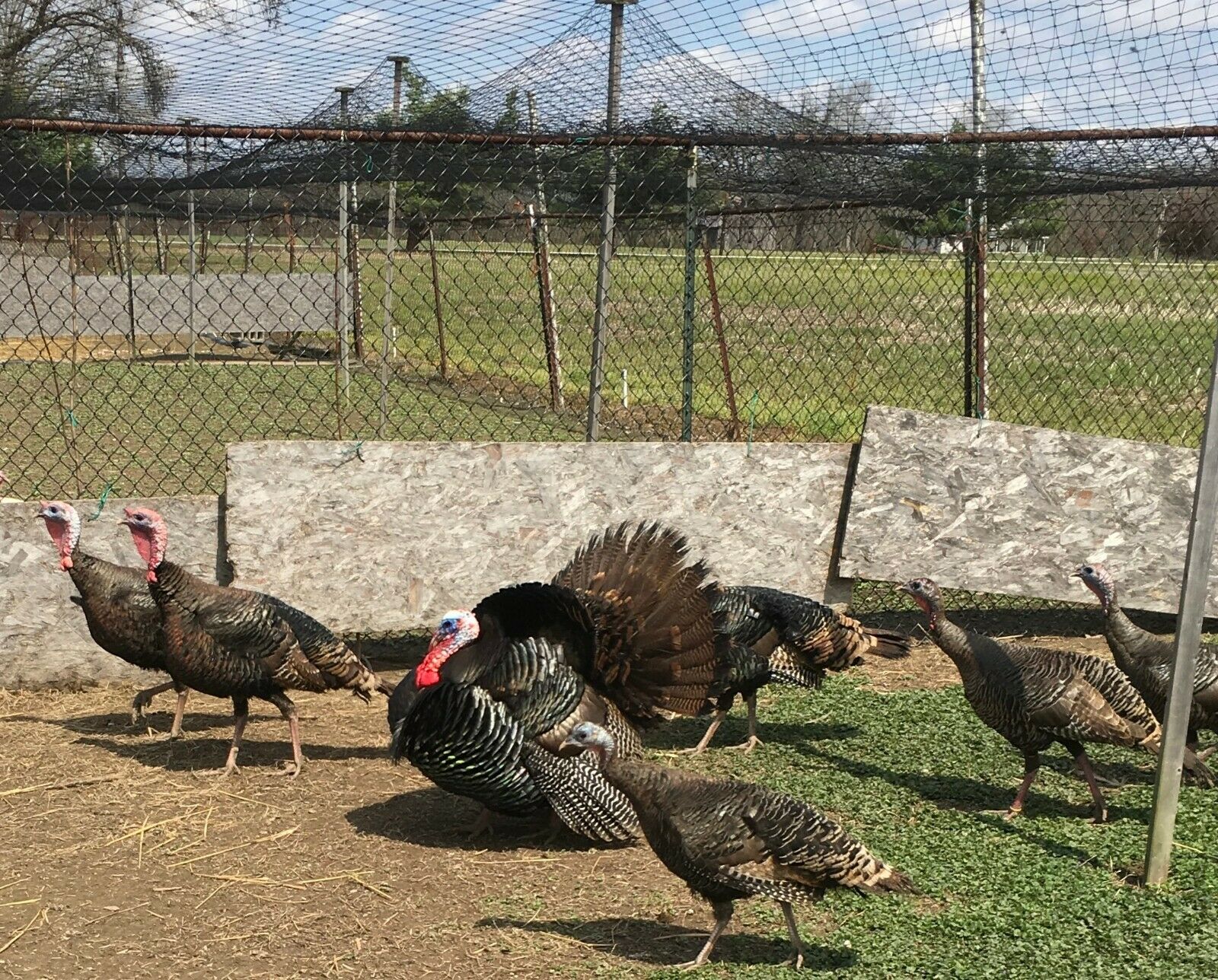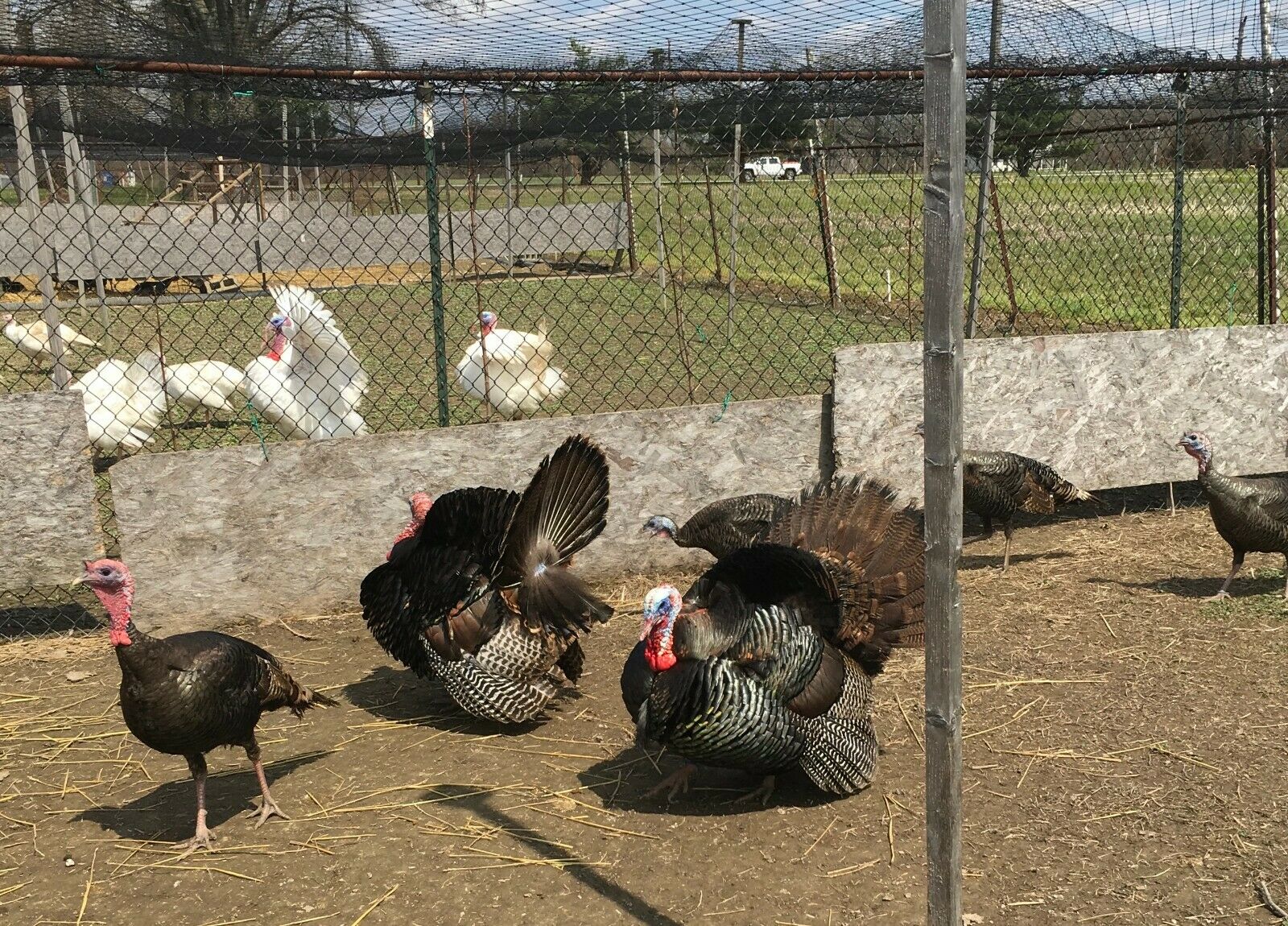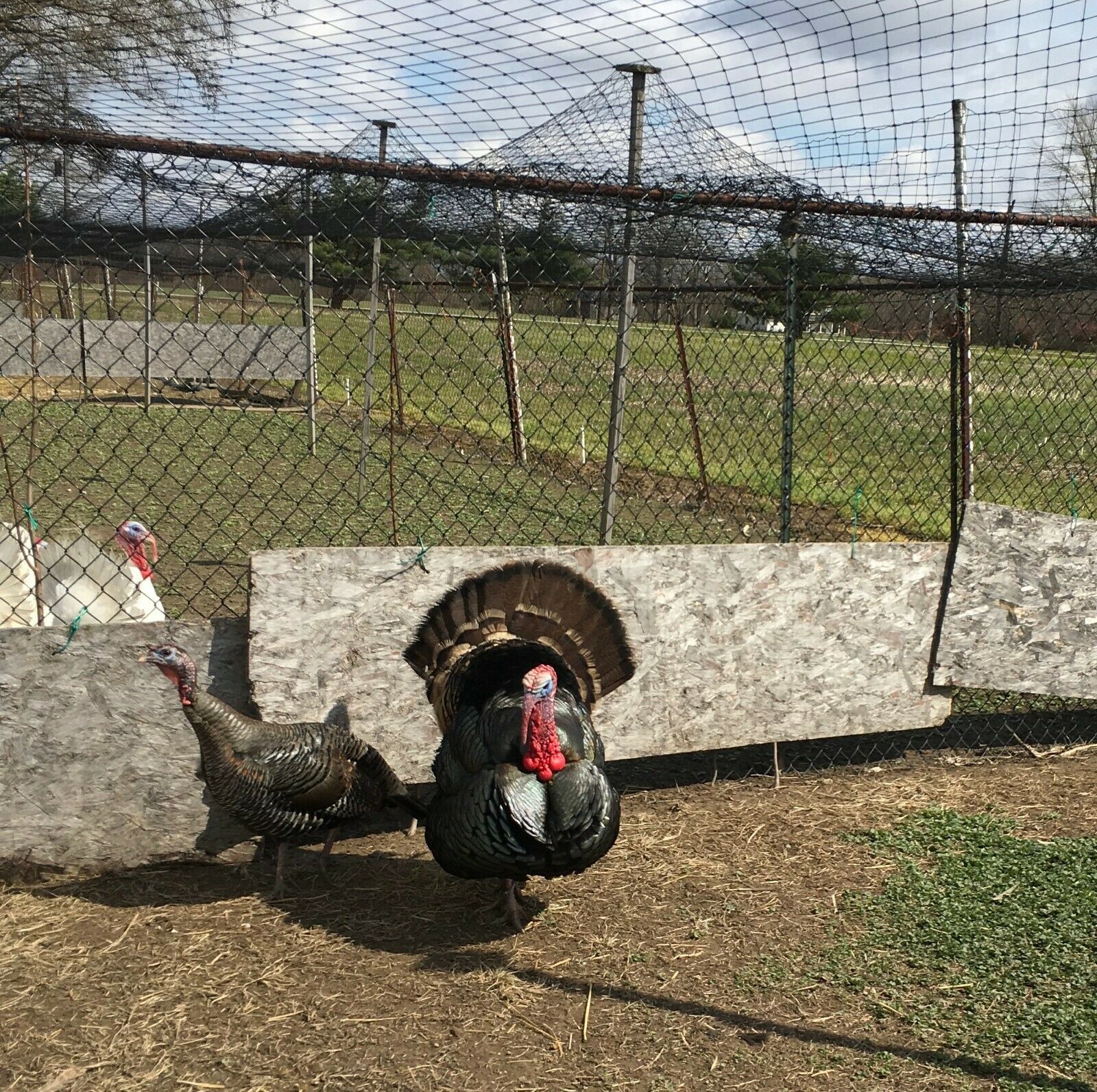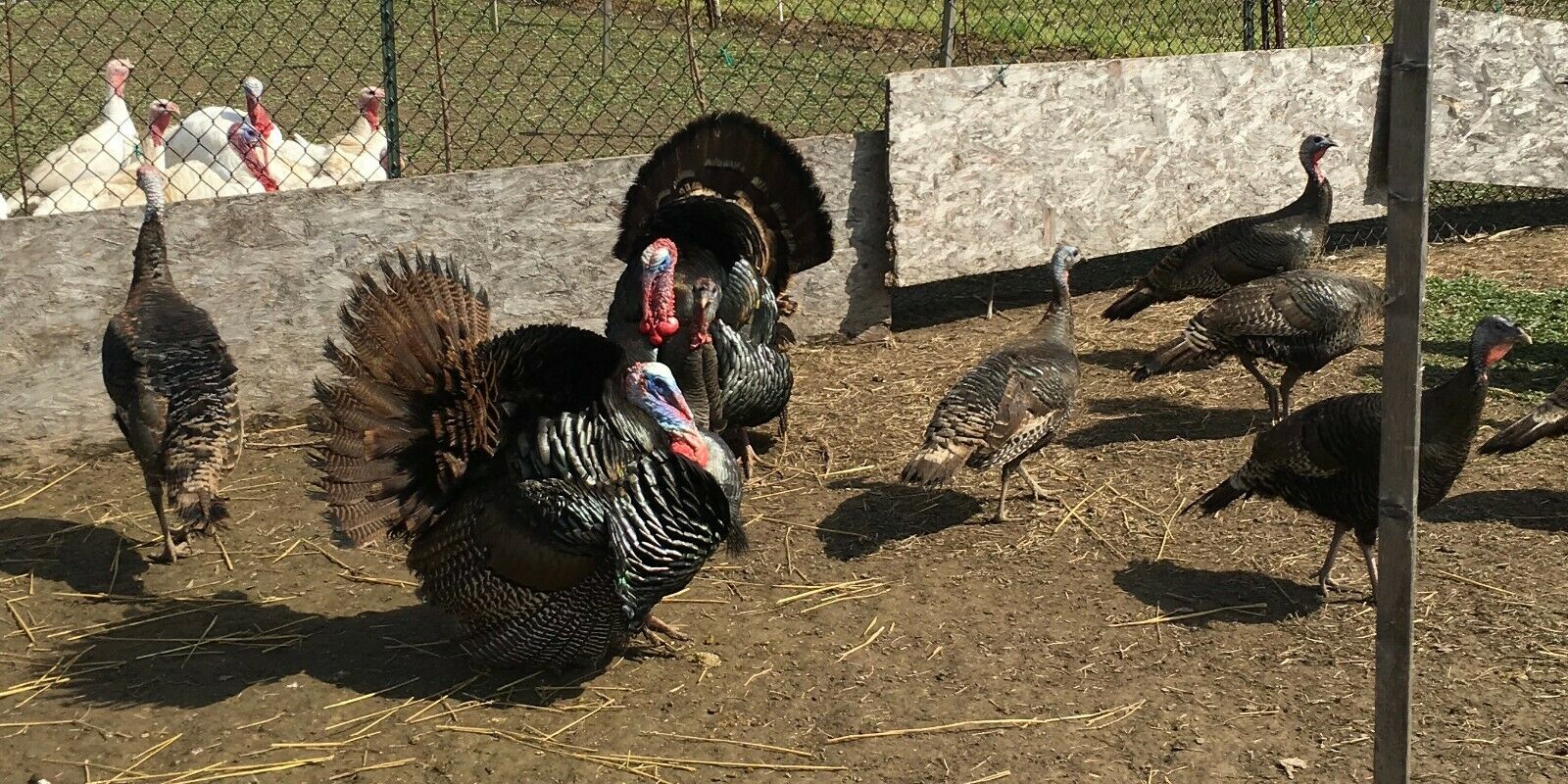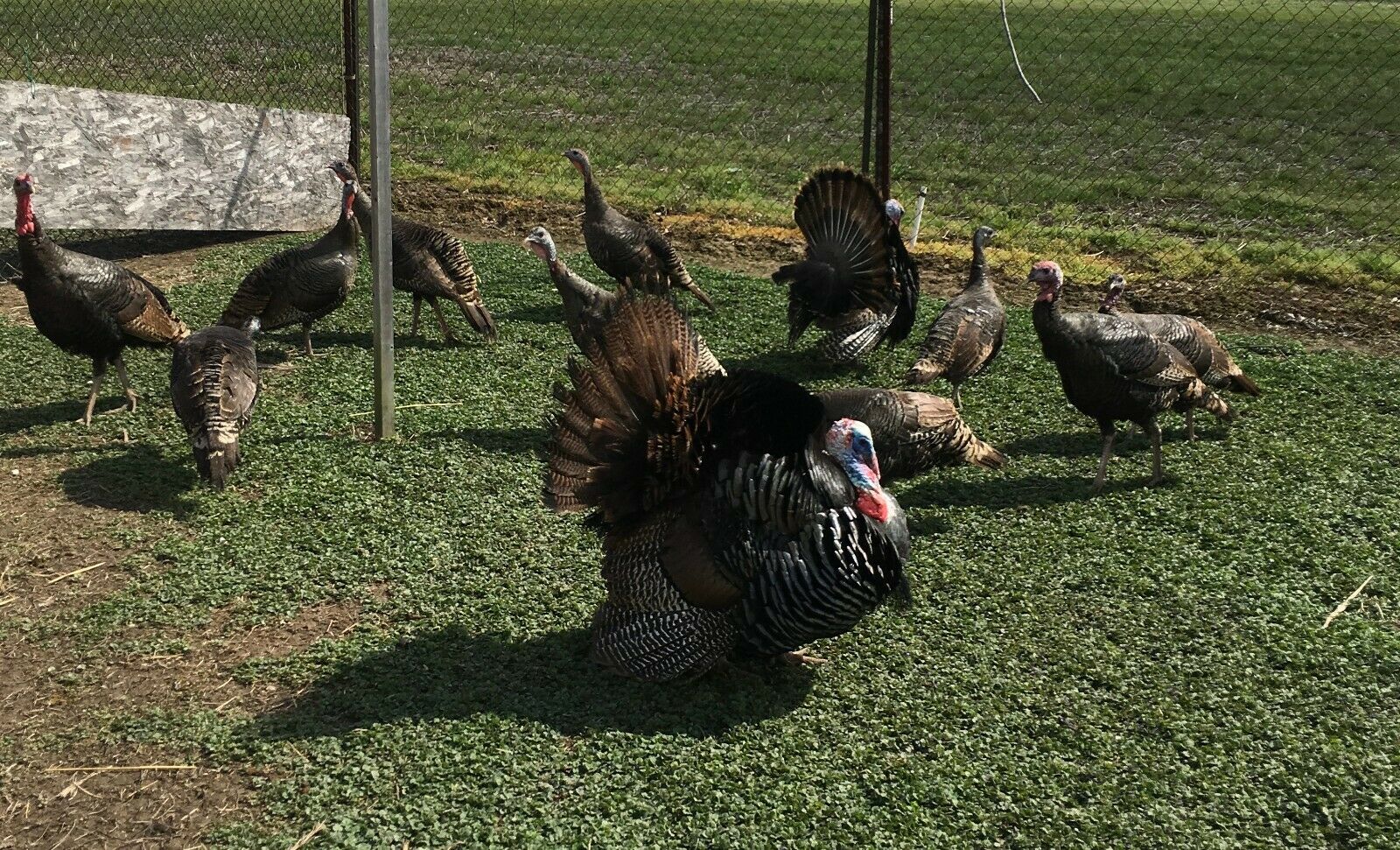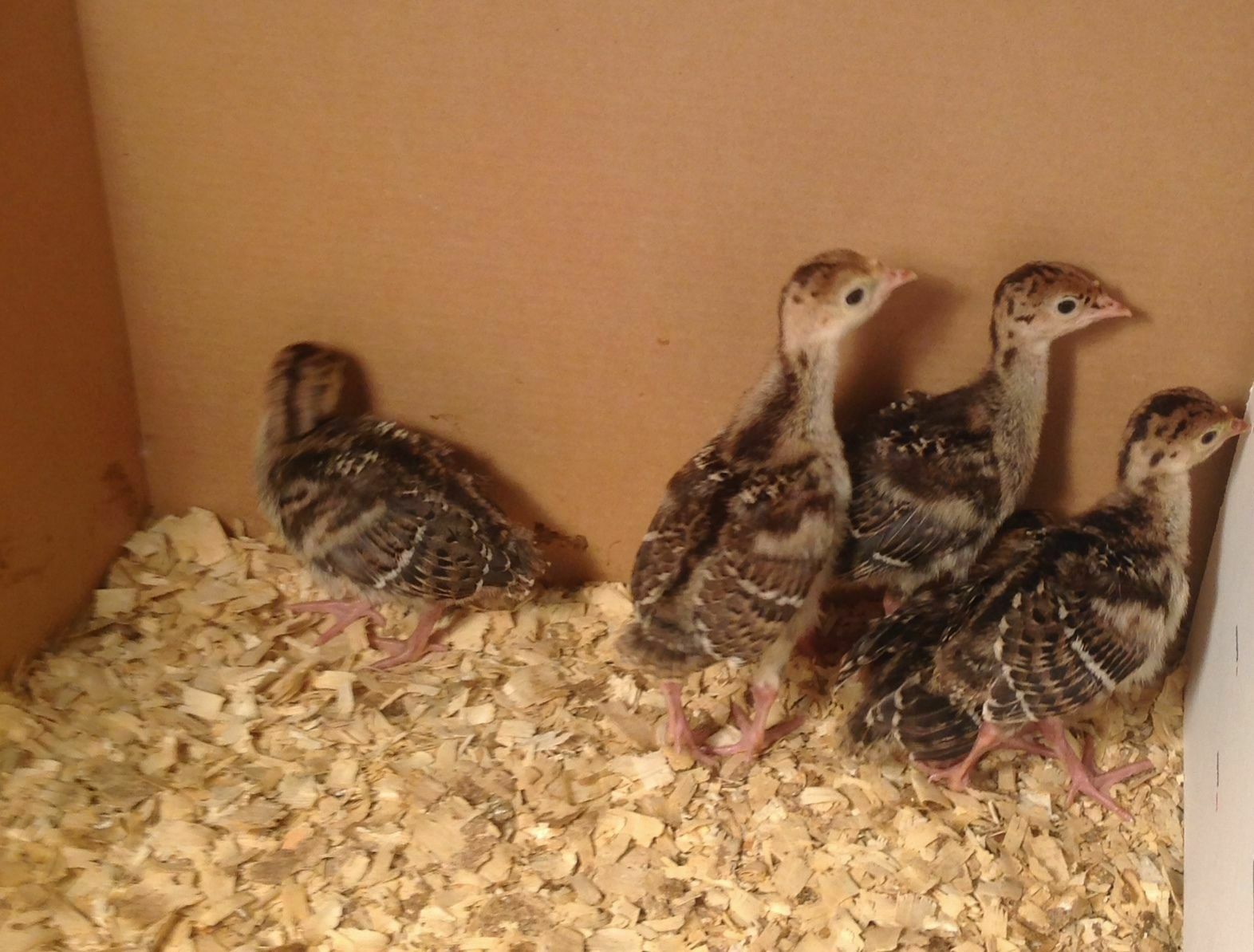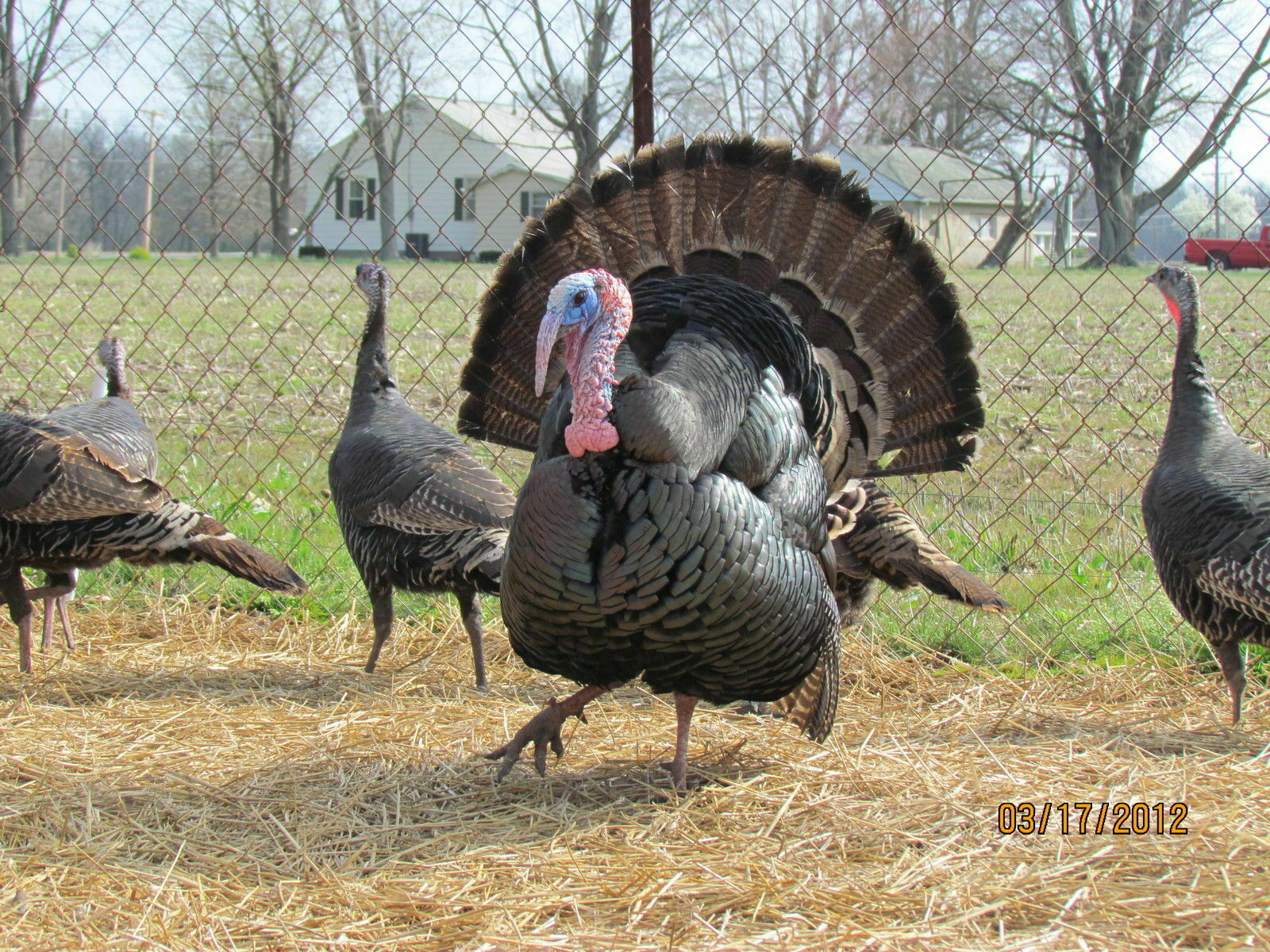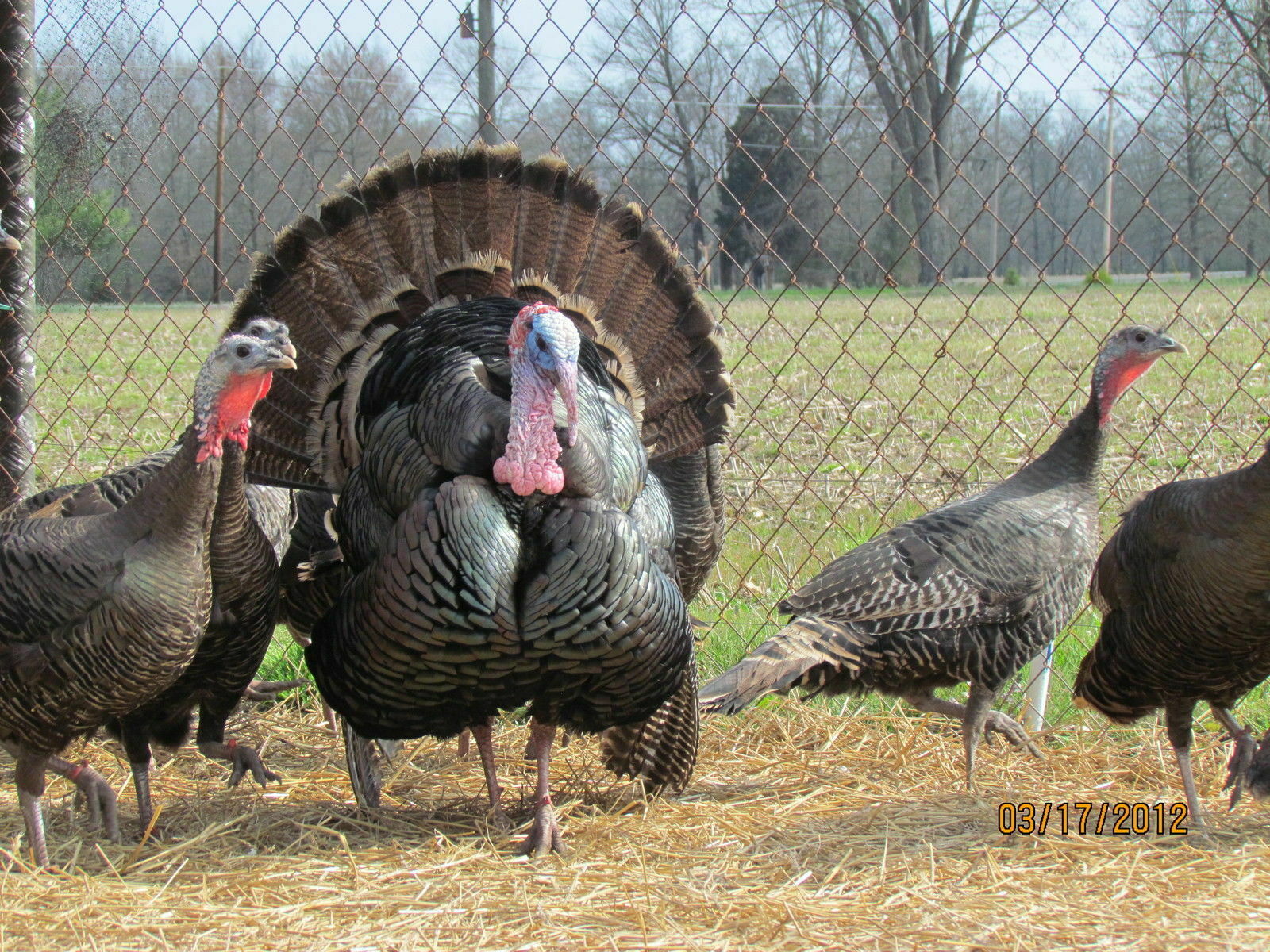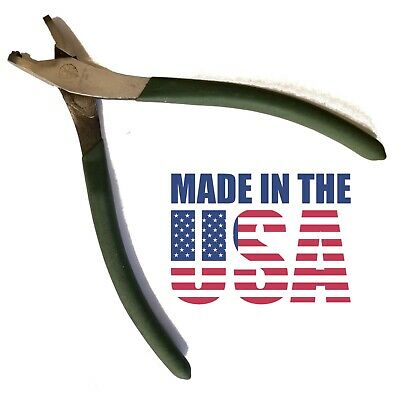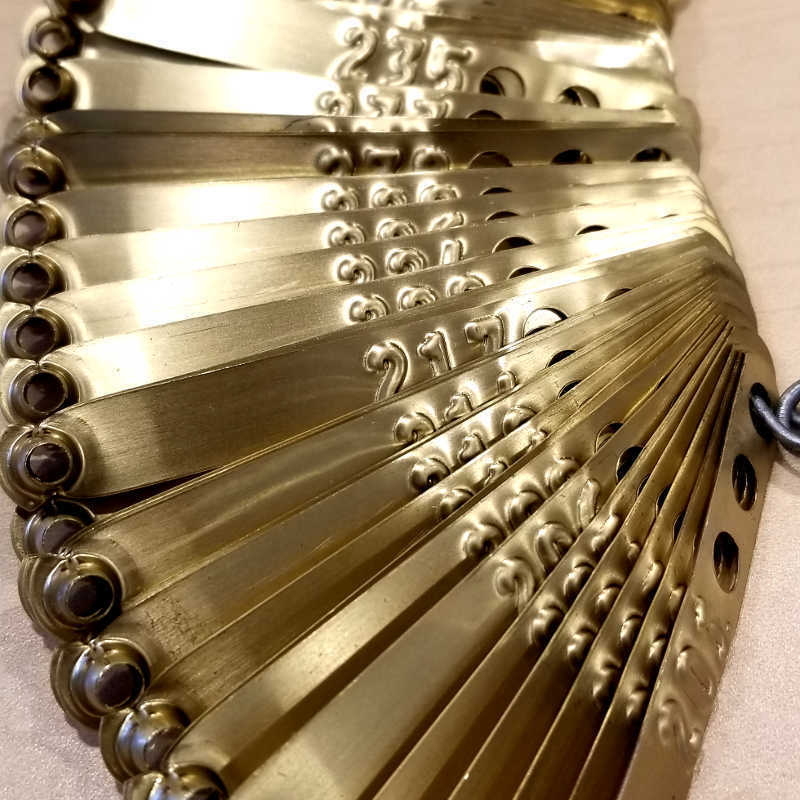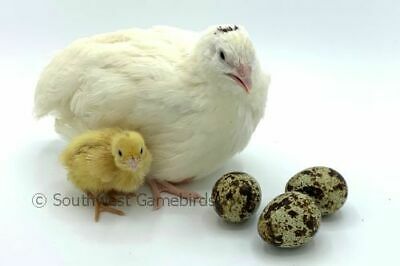-40%
12 EASTERN WILD TURKEY HATCHING EGGS *
$ 21.64
- Description
- Size Guide
Description
Bidding on 12 eggs from the EASTERN WILD TURKEYI have been raising the Eastern Wild turkeys since 2008 and I have 3 unrelated lines. One line came from Shawnee National Forrest in Southern Illinois, another from southern Indiana and the third from Pennsylvania.
They have no white feathers except for their primary wing feather stripes.
NONE OF OUR FLOCK CAME FROM A HATCHERY.
These are true Eastern Wild turkeys. They are not like a domestic turkey and must be kept under netting or they will fly away.
All pictures are from our turkeys, not someone elses.
Eggs will be shipped on a MONDAY, TUESDAY, WEDNESDAY OR SATURDAY after auction closes.
Pay by Paypal + .00 Priority mail
I am a licensed State of Illinois NPIP inspector #1014 and I can assure you this flock is clean.
Fertility checks on eggs are made every week during laying season
I CAN NOT guarantee the eggs to hatch. Fertility last year was excellent, but when the eggs are shipped, I have no control over how they are handled during the trip, incubated at your farm, or other factors that can harm hatchability.
The EGGS will be no older than 3 days old at auction close and packed securely so you have the best possible chances of hatching.
Perfectly fertile eggs will not develop or hatch when subjected to rough postal handling, X-rays or incubator mishaps.
For any eggs that arrive broken in shipment, I will issue a refund for the broken eggs or replace at my discretion. I will need pictures of the broken eggs.
Feedback should be based on the condition the eggs were received in shipment, not the hatch rate.
THANK YOU
Eastern Wild turkeys are large birds. The average adult male (gobbler or tom) stands 3 to 3.5 feet tall and weighs 18 to 24 pounds. Females (hens) are smaller, typically 2.5 to 3 feet tall and weigh 8 to 12 pounds. Both sexes have dark, iridescent feathers that display shades of bronze, red, purple, blue, and green. However, hens have an overall lighter appearance because their breast feathers are tipped with brown, while those of a tom are tipped with black. Besides being larger and darker, toms can generally be distinguished from hens by their leg spurs, beards, wattles (folds of skin below the beak), caruncles (wartlike growths on the neck), and snood (fleshy appendage above the beak). During the spring mating season, the wattles and caruncles of a tom may be bright red, white or blue. While hens have wattles, caruncles, and a snood, they are not as large or well developed as those of a tom.
